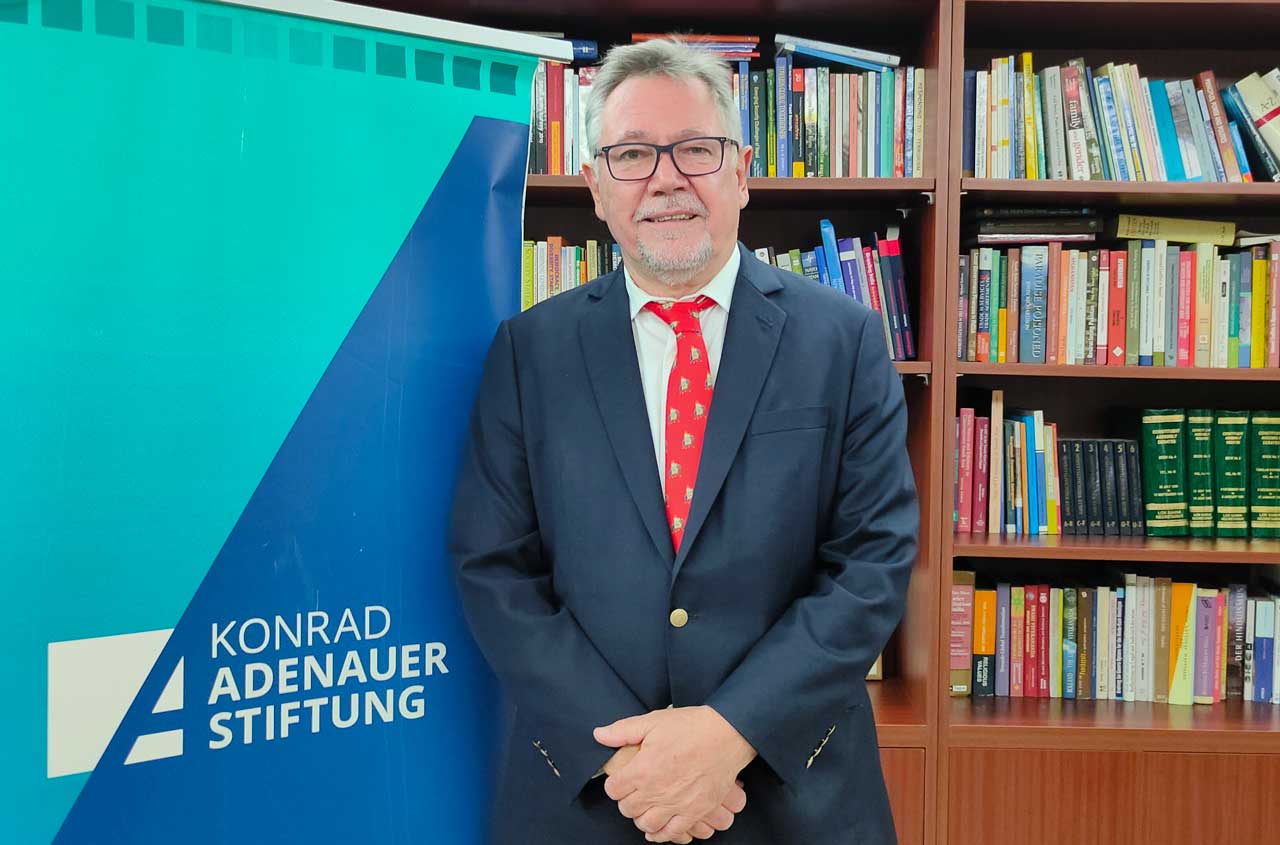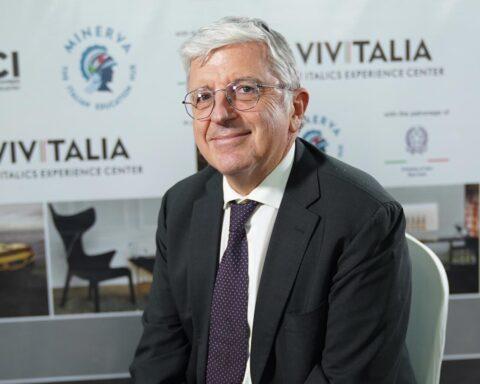The plush office of Konrad-Adenauer-Stiftung (KAS) is an island of calm in contrast to the humdrum that usually prevails on the busy Rao Tularam Marg connecting South Delhi to the Inner Ring Road. For the past five years, it has been the command centre of Peter Rimmele, Resident Representative to India of the German think-tank. Three years ago, KAS completed 50 years in India. Rimmele says his stint “is hopefully going on well and will be exciting”.
Of late, Chinese manoeuvres along the Line of Actual Control (LAC) have been occupying his mind. “In the last three years, we focused on how India feels, mainly the country’s reactions to the Chinese behaviour. We increased our commitment to India’s foreign and security policy. We joined Observer Research Foundation’s Raisina Dialogue and are working with different institutes dealing with China and Chinese studies in relation to India,” says Rimmele at the outset.
KAS sees itself more as a facilitator and demand-driven. The political think-tank is active in 120 countries with about 100 foreign offices. In India, it works in the areas of peace, freedom, justice, democracy, social market economy, and development and consolidation of the value consensus. Other thrust areas of KAS include foreign and security policy, economic and energy policy, rule of law, social and political change and local self-governance, and training programmes for students of journalism.


























